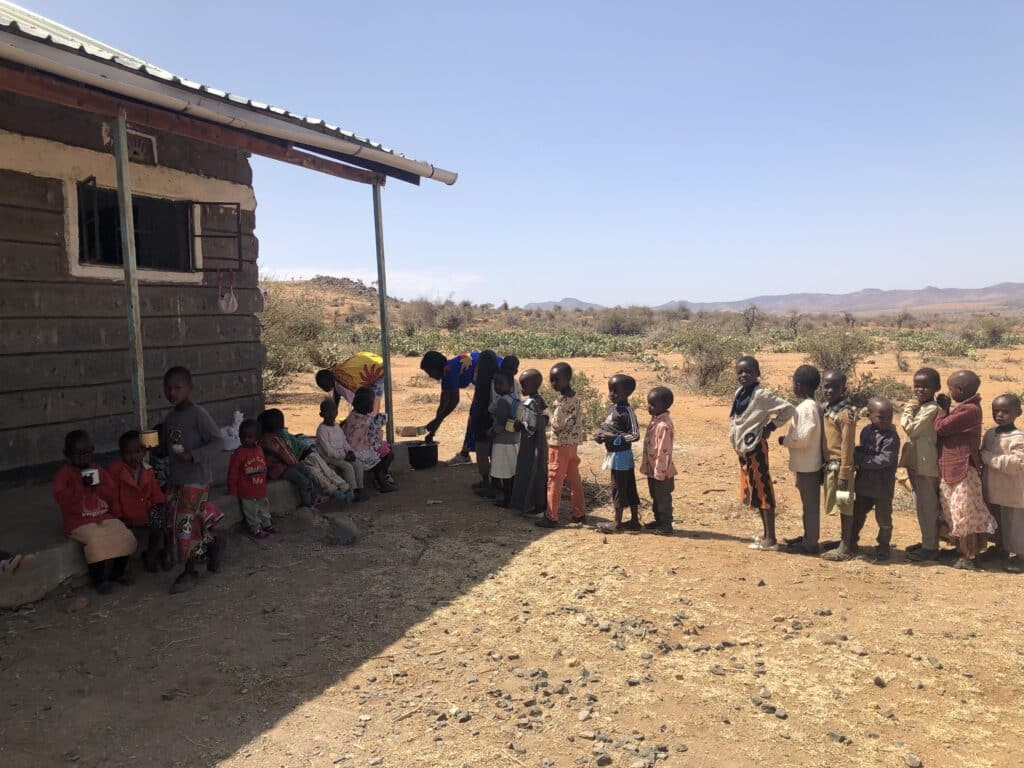
Bible Study
“…I came that they may have life and have it abundantly.”
‘Life. Abundantly. For All.’ The expression is drawn from St John’s Gospel. What does it mean?
This statement from Jesus comes in the middle of a ‘sermon’ about him being the Good Shepherd. It is a response to an outcry from the Pharisees about Jesus healing a blind man, in chapter 9. The sermon refers heavily to Ezekiel 34, where God is seen as a Good Shepherd.
Shepherding was a common aspect of life in first century Palestine. The sheep would graze during the day, and each evening the shepherd would call his sheep to him, and they would be kept safe overnight in a communal sheep pen, which was guarded by a night watchman. In the morning, the shepherd would collect his sheep and let them graze.
The term ‘Shepherd’ was also a common metaphor for kings and kingship in the Ancient Near East. Kings were meant to look after and protect their nations, as a shepherd would their sheep. They were to keep their nations safe and make sure that their people prospered in the face of enemies. Obviously, there were bad kings and shepherds who did not do these things. Ezekiel 34 explores this by saying that God will become Israel’s shepherd, as her previous kings had acted cruelly and with injustice.
In the John passage, we can see Jesus building on this. Following Ezekiel, he is also rebuking the Pharisees, the shepherds of the flock, as being bad shepherds. They are blind, spiritually and metaphorically, to the circumstances of the people they are supposed to lead. They are like thieves and robbers who are bringing fear to the flock and undermining their prosperity.
Against this background, Jesus announces himself as the Good Shepherd who allows the sheep to “come in and go out and find pasture” (v9). Unlike the thief who comes to steal, kill and destroy, Jesus comes so that they have life abundantly.
The Greek word for abundant can also mean ‘excess’, ‘more than’ or ‘superfluous’. Within the historical context of the time, there is a strong element of the material in this abundance, as well a sense of security and freedom from fear. Extending the metaphor, for a grazing sheep, does an abundance of pasture mean the chance to eat too much, or that there is so much opportunity to find pasture that it is not hard to eat your fill?
From our Australian perspective, there is certainly an abundance available to us, whilst there are plenty of people in the world facing scarcity. Modern economics is based on the notion of scarcity. As people compete for resources, some people will suffer to benefit those who prosper. God’s economics, on the other hand is one of abundance, one where people are not competing over ‘scarce’ resources. The shepherd makes sure that the flock can access their pasture in peace.
Poverty is not just about lack of access to stuff. It is also about lack of choice and dignity. Not being able to choose, or have the chance to access resources, contributes to poverty as much as lack of food or water.
At Anglican Overseas Aid, we want to aspire to God’s economics of abundance, despite living in the present reality of economic scarcity. We want to work towards a world where all people, regardless of their background, religion, race or nationality have access to abundance. This doesn’t mean that everybody has to have the same ability to over-consume; rather that everybody has the opportunity to live in peace and security, and to make life-enhancing choices. To graze peacefully, if you will!
Questions For Reflection
- Read Ezekiel 34 and then John 10 – what are the similarities and differences?
- Do you think that ‘abundance’ is the ability to over-consume, or that adequate consumption is available to all?
- To believe in God’s economics of abundance, should we aim to lift everybody up to a level, or choose to reduce our consumption to an appropriate level?
- Think about your own life. In what ways might it be called abundant? If it is abundant, what could you share or reduce, and still be living abundantly?






